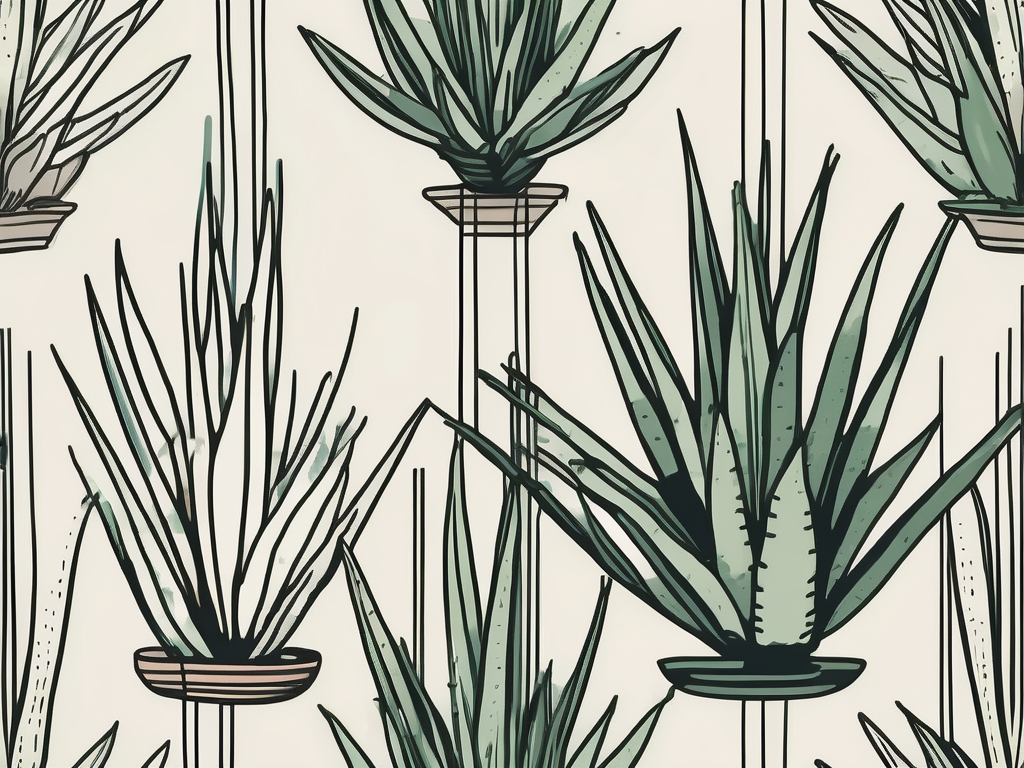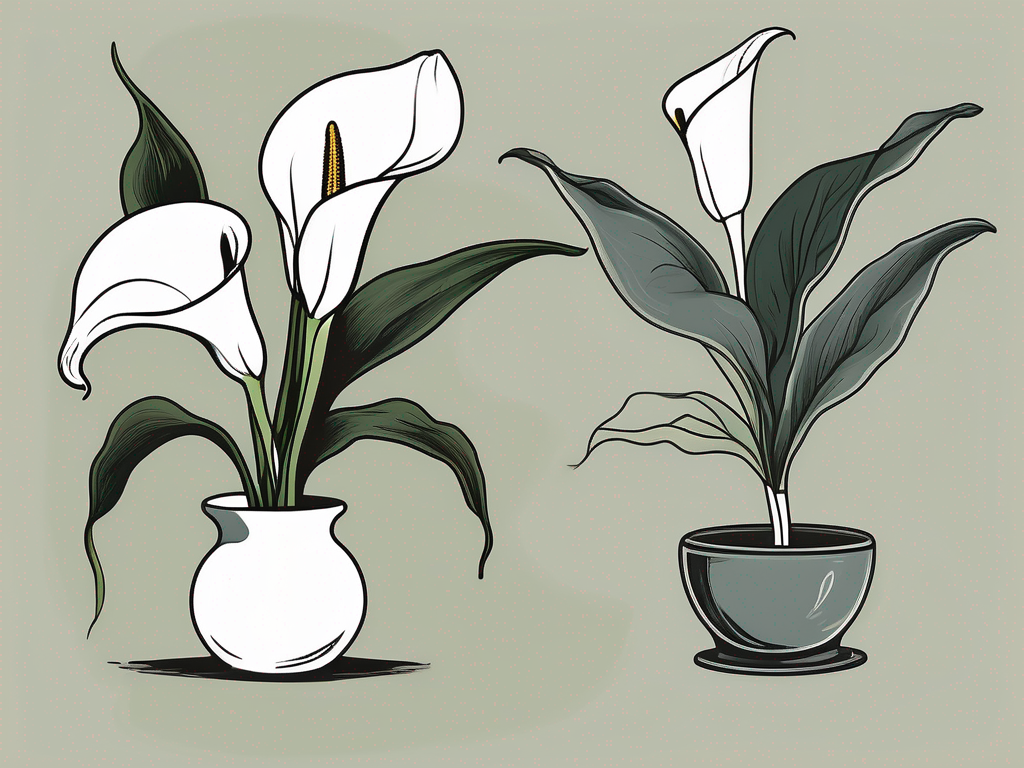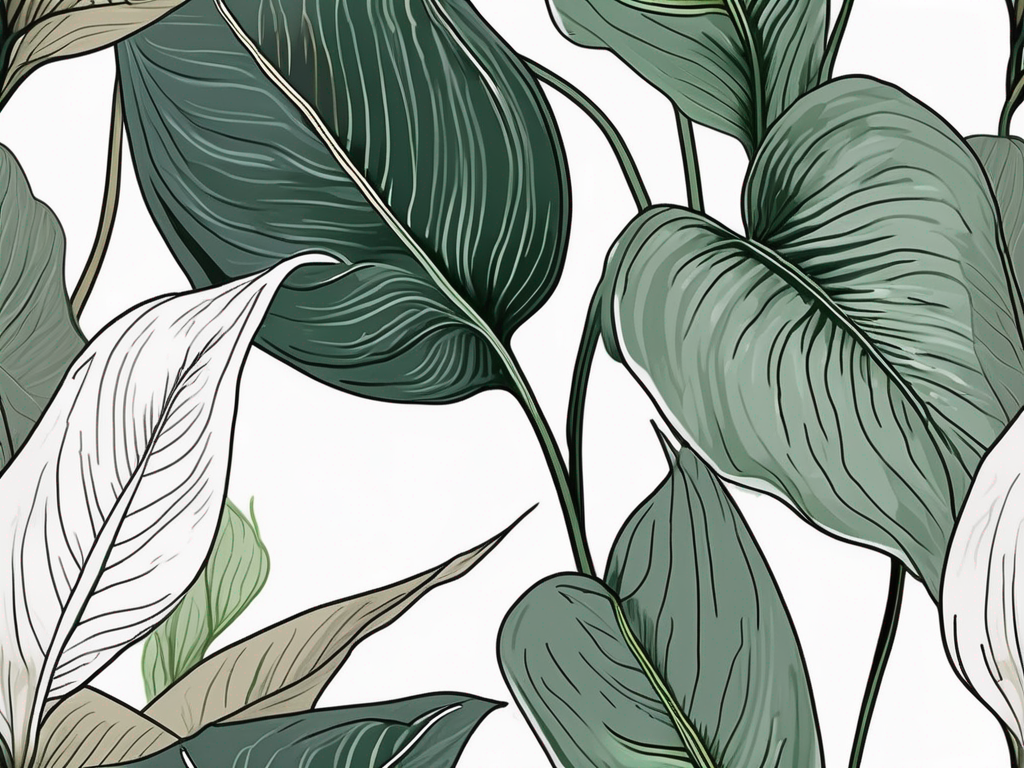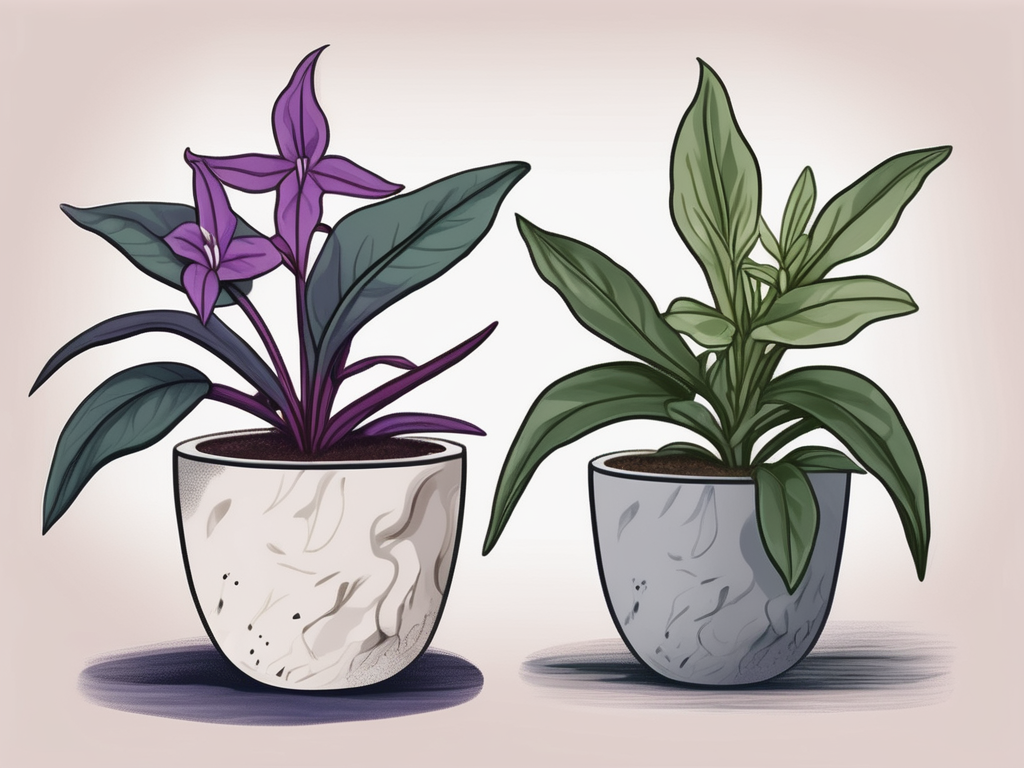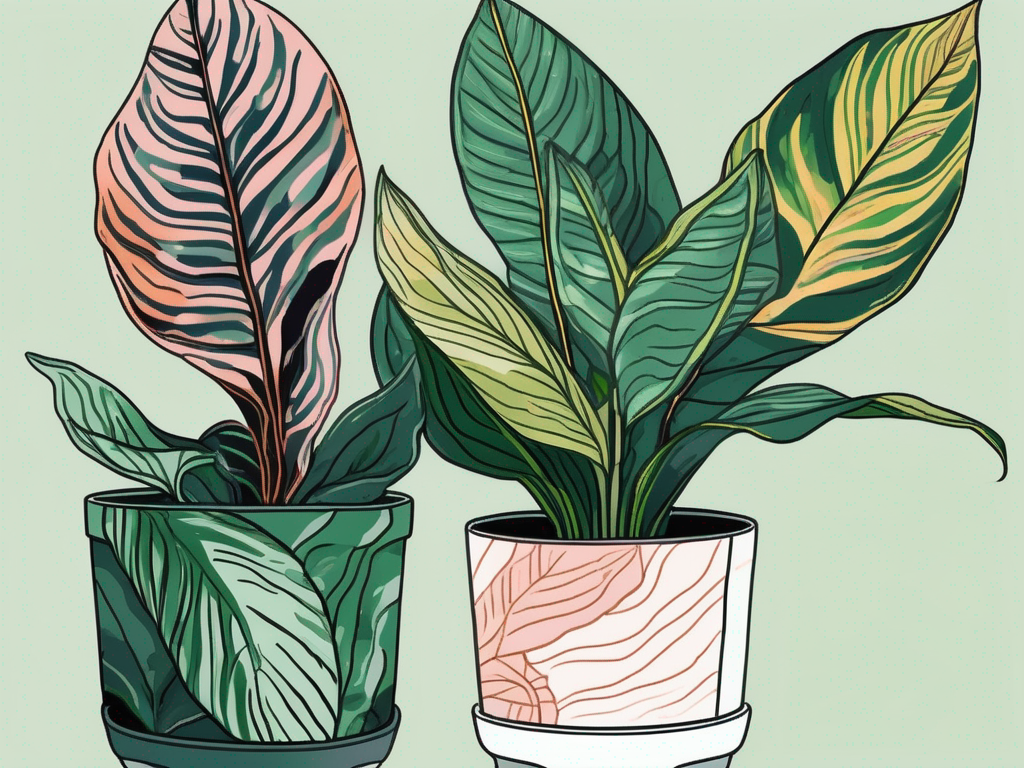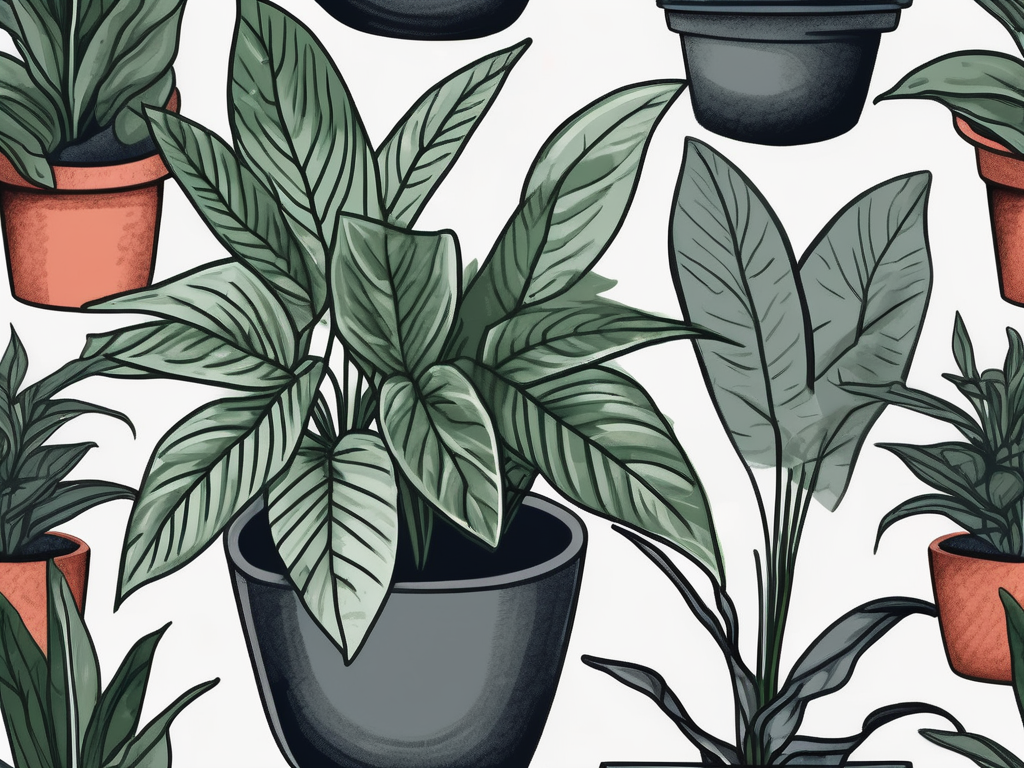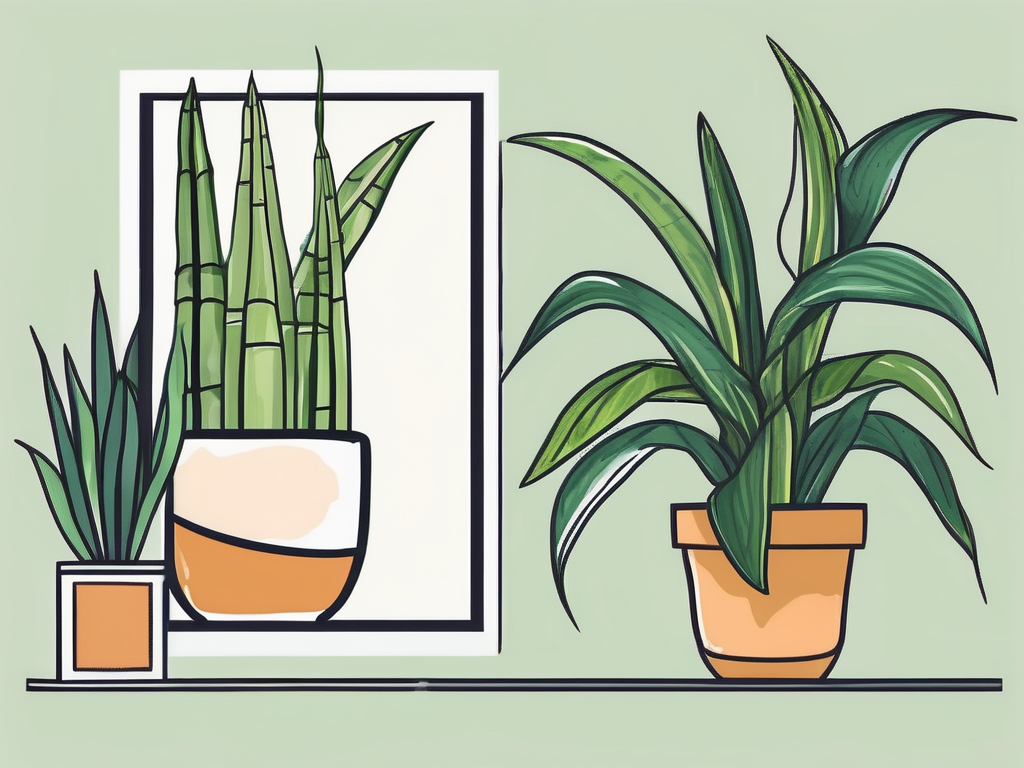
When it comes to houseplants, Ficus Microcarpa, often known for its bonsai form, can be quite the showstopper. Its attractive foliage and manageable size make it a popular choice for many plant lovers. However, if you're a cat owner, you might wonder if this plant is a safe addition to your home.
This blog post will dig into the question of whether Ficus Microcarpa is toxic to cats. We'll explore what makes a plant toxic, how this particular plant affects our feline friends, and what to do if your curious kitty gets a little too close to your beloved greenery. Along the way, we'll also share some handy tips on keeping your home both plant-friendly and pet-safe.
Ficus Microcarpa: A Closer Look
Ficus Microcarpa is a versatile plant that can thrive indoors and outdoors, depending on your climate. It's often shaped into bonsai, which only adds to its appeal. But what exactly makes this plant tick? And why is it so popular?
The plant is native to Southeast Asia and is known for its thick, glossy leaves and aerial roots. It's admired for its ability to adapt to various environments, making it a suitable choice for both novice and experienced plant parents. In its bonsai form, it’s particularly loved because it brings a touch of nature's tranquility into our living spaces.
However, despite its beauty, it's essential to understand the plant's characteristics, especially if you have pets. The sap of Ficus Microcarpa contains compounds that can be irritating to both humans and animals. Knowing this helps us better prepare for any potential issues, ensuring our homes remain safe havens for everyone living there—plants, people, and pets alike.
What Makes a Plant Toxic?
Before we get into specifics about Ficus Microcarpa, let's talk about what actually makes a plant toxic. A plant is considered toxic if it contains substances that can cause harm to living organisms. These substances can range from mildly irritating to downright deadly, depending on the plant and the organism's size and health.
For cats, some common plant toxins include:
- Calcium oxalates: These are sharp crystals that can cause irritation in the mouth and throat.
- Saponins: Compounds that can lead to vomiting and diarrhea.
- Essential oils: These can cause a range of issues, from digestive upset to nervous system damage.
When it comes to our feline friends, their small size makes them more susceptible to the effects of these toxins. A nibble here or there might not seem like much, but it can lead to significant discomfort or worse. So, when choosing plants, it's vital to consider these factors to avoid any unfortunate incidents.
Is Ficus Microcarpa Toxic to Cats?
Now, onto the pressing question: is Ficus Microcarpa toxic to cats? The short answer is yes. This plant contains a sap that is mildly toxic to cats. The sap contains compounds called ficin and ficusin, which can cause irritation when ingested or if they come into contact with the skin.
For cats, the most common symptoms of exposure include:
- Drooling
- Vomiting
- Diarrhea
- Skin irritation if the sap comes into contact with their fur
While these symptoms are usually not life-threatening, they can cause considerable discomfort for your pet. If your cat shows any of these signs after playing with or chewing on the Ficus Microcarpa, it's best to consult a veterinarian for advice. Quick action can prevent any escalation and ensure your furry friend gets back to their playful self in no time.
Preventing Cat-Plant Mishaps
Keeping both cats and plants in your home doesn't have to be a constant battle. With a few thoughtful arrangements, you can maintain a harmonious environment where your plants thrive without tempting your cats into mischief.
Here are some practical tips:
- Placement: Place plants out of reach. Elevated stands, hanging planters, or shelves can be great solutions.
- Distractions: Provide your cats with their own plants. Cat grass or catnip can be a lovely distraction that keeps them away from your more delicate greenery.
- Training: Use gentle training techniques to teach your cat which areas are off-limits. Consistency is key here.
- Repellents: Some cats dislike citrus scents, so placing citrus peels near plants might deter them.
These strategies can help balance your love for both plants and pets. With a bit of creativity and patience, you can create a living space that caters to all members of your household.
Alternatives to Ficus Microcarpa
If you’re worried about the potential risks of Ficus Microcarpa, don’t fret—there are plenty of other beautiful, cat-friendly plants to consider. These alternatives can give you peace of mind while still allowing you to enjoy the joys of indoor gardening.
Some great options include:
- Spider Plant: Known for its air-purifying qualities and easy care, this plant is non-toxic to cats and grows beautifully indoors.
- Bamboo Palm: This lush plant adds a tropical vibe to any room and is safe for both cats and dogs.
- Boston Fern: A classic choice, it thrives in indirect light and is a safe bet for homes with pets.
These alternatives not only keep your pets safe but also bring a refreshing touch of green to your interior spaces. Whether you prefer the dramatic flair of a Bamboo Palm or the understated elegance of a Spider Plant, there are plenty of options to suit your taste and safety concerns.
Tips for Caring for Ficus Microcarpa
If you decide to keep your Ficus Microcarpa and have taken steps to keep it out of your cat's reach, you'll need some tips for its care. This plant, while relatively low-maintenance, does have some specific needs to thrive indoors.
Consider the following care tips:
- Light: Ficus Microcarpa prefers bright, indirect light. Direct sunlight can scorch its leaves, while too little light can cause leaf drop.
- Watering: Water when the top inch of soil feels dry. Overwatering can lead to root rot, so ensure your pot has good drainage.
- Humidity: This plant enjoys a bit of extra humidity. You can mist it occasionally or place it near a humidifier.
- Pruning: Regular pruning helps maintain its shape and encourages bushier growth.
By meeting these needs, your Ficus Microcarpa can become a thriving part of your home decor, adding a touch of greenery that complements your style.
Recognizing Plant Toxicity in Cats
Even with all the precautions, accidents happen. It’s crucial to recognize the signs of plant toxicity in cats quickly so you can act promptly. Being able to identify these symptoms can make all the difference.
Watch for these common signs:
- Excessive drooling or foaming at the mouth
- Vomiting or diarrhea
- Pawing at the mouth or face
- Lethargy or unusual behavior
- Swelling around the mouth or face
If you notice any of these symptoms, try to identify the plant your cat may have interacted with and contact your veterinarian immediately. Provide as much detail as possible to help with their assessment. Remember, it's always better to err on the side of caution when it comes to our pets' health.
What to Do If Your Cat Ingests Ficus Microcarpa
If you suspect your cat has nibbled on your Ficus Microcarpa, it’s important to stay calm and take swift action. While this plant is only mildly toxic, it can still cause discomfort, and addressing the issue promptly will help your cat recover more quickly.
Here’s a step-by-step guide on what to do:
- Assess the Situation: Check for any signs of illness such as drooling, vomiting, or changes in behavior.
- Remove Access: Move the plant out of reach to prevent further ingestion.
- Contact a Vet: Call your veterinarian to discuss the symptoms and receive advice on the next steps.
- Provide Support: Offer fresh water to help flush out any toxins and keep your cat comfortable while you wait for veterinary guidance.
By following these steps, you can ensure your cat receives the care it needs without delay. Remember, your vet is your best resource for handling such situations, so never hesitate to reach out.
Bringing Plants and Pets Together
Creating a home that's welcoming to both plants and pets is entirely possible with a bit of planning. Remember, the goal is to create an environment where both can coexist happily without causing stress to either party.
Here are a few final tips:
- Research: Always research new plants before bringing them home to ensure they're safe for your pets.
- Experiment: Try different plant arrangements to see what works best in your space while keeping your pets in mind.
- Stay Informed: Keep up-to-date with information on plant toxicity to ensure your home remains a safe space for everyone.
By being proactive and thoughtful, you can enjoy the beauty of houseplants without compromising your pets' safety. It's all about balance and making informed choices that benefit your entire household.
Final Thoughts
In summary, while Ficus Microcarpa is a beautiful addition to any home, it does pose a mild risk to cats. By taking precautions and being aware of the signs of toxicity, you can enjoy your plants while ensuring your furry friends are safe and sound.
At Cafe Planta, we believe plants have a unique way of bringing people together and connecting us with nature. Whether you're looking for new plants or need advice on keeping your collection pet-friendly, we're here to help. Feel free to email us or DM us on Instagram—we'd love to hear from you and share our love of plants!

